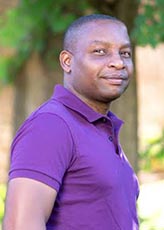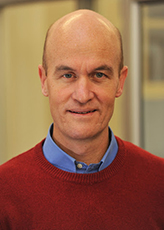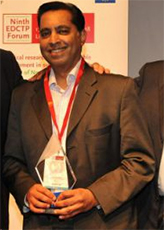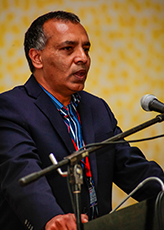Scientific Leadership Prize
The prize recognizes scientists who have made significant achievements in their field and will continue to become leaders in their research field. In addition to their scientific excellence, the contestants should have made major contributions to the objectives of the EDCTP2 programme to strengthen research capacity in sub-Saharan Africa and to support South-South and North-South networking.
Objective of the prize
This prize is open to women and men up to 50 years of age who:
- are excellent, world-class scientists working in Africa in the scope of the EDCTP2 programme
- are residents of a sub-Saharan African country, or an EU Member State or a country associated with the Horizon 2020 programme
- have made significant achievements in their scientific field and will continue to develop as leaders in their research field.
In addition to their scientific excellence, have made major contributions to the objectives of the EDCTP2 programme through strengthening research capacity in sub-Saharan Africa and supporting South-South and North-South networking.
This prize of €10,000 should be used to further the research programme of the winner and may support activities such as supporting study visits and training attachments to collaborating institutions, data collection for baseline studies, conference and meeting attendance, and other relevant research-related activities.
Recipients of the Scientific Leadership Prize
2023

Professor Kamija Phiri (Malawi)
2020
 Professor Graeme Meintjes (South Africa)
Professor Graeme Meintjes (South Africa)
2018

2016

